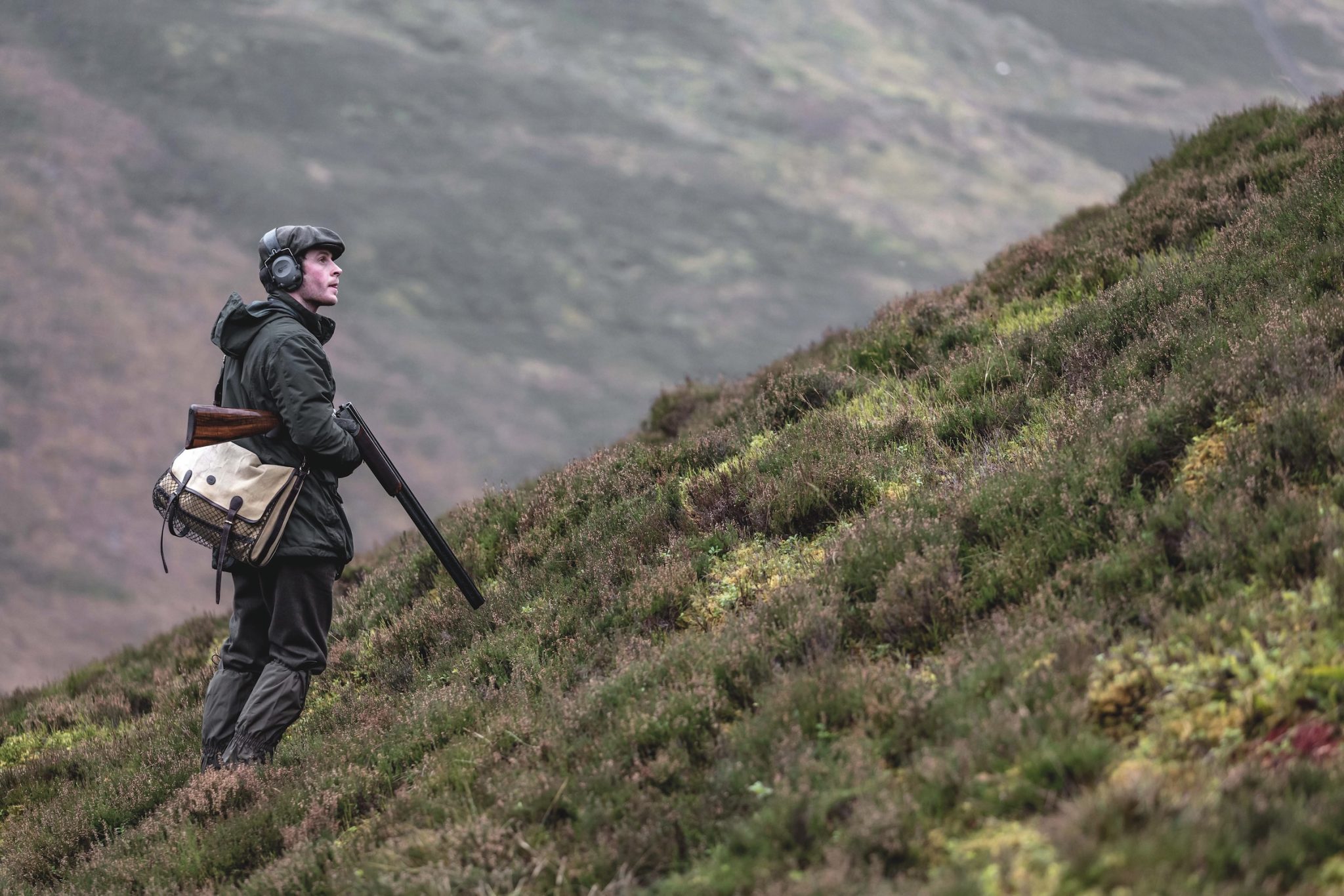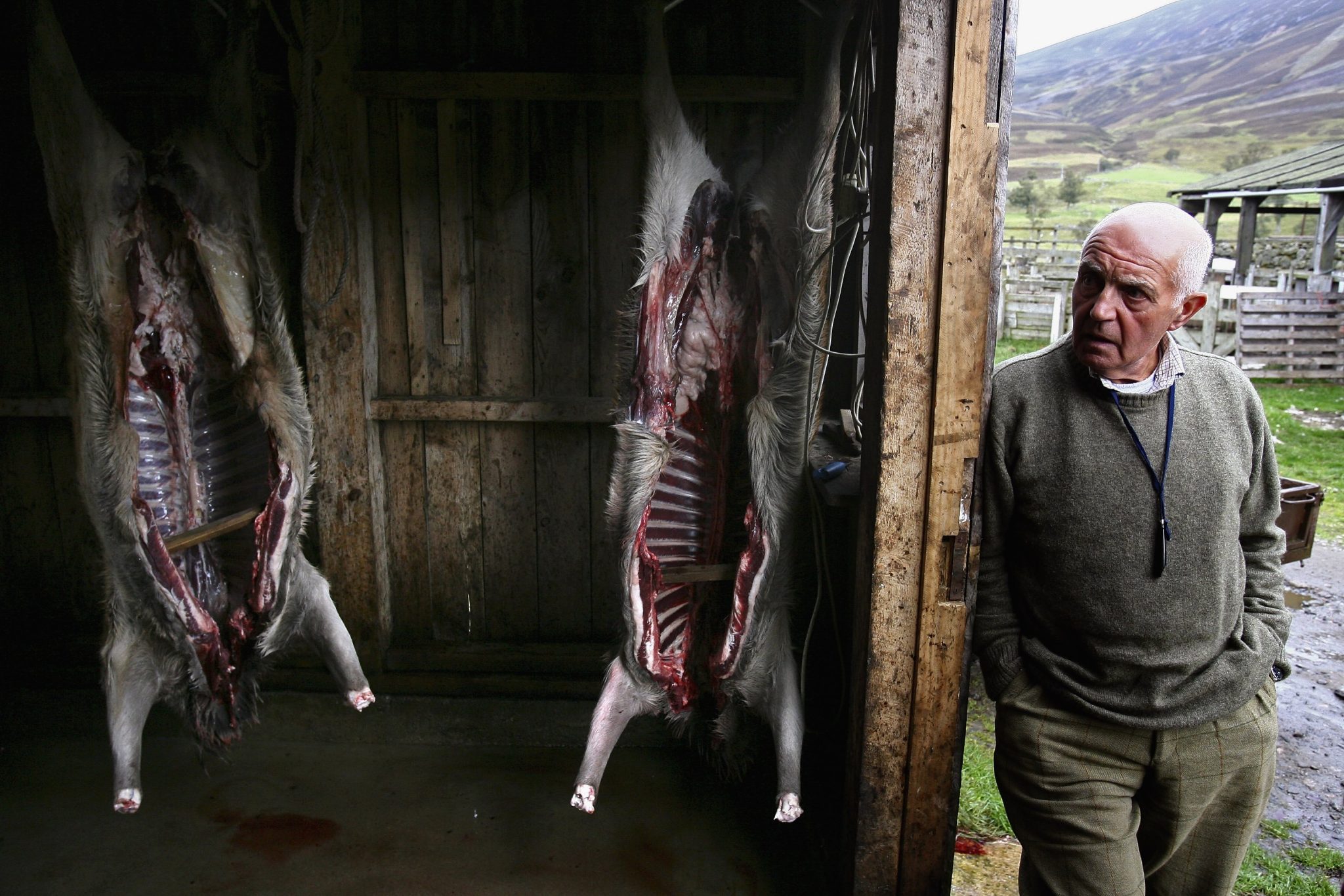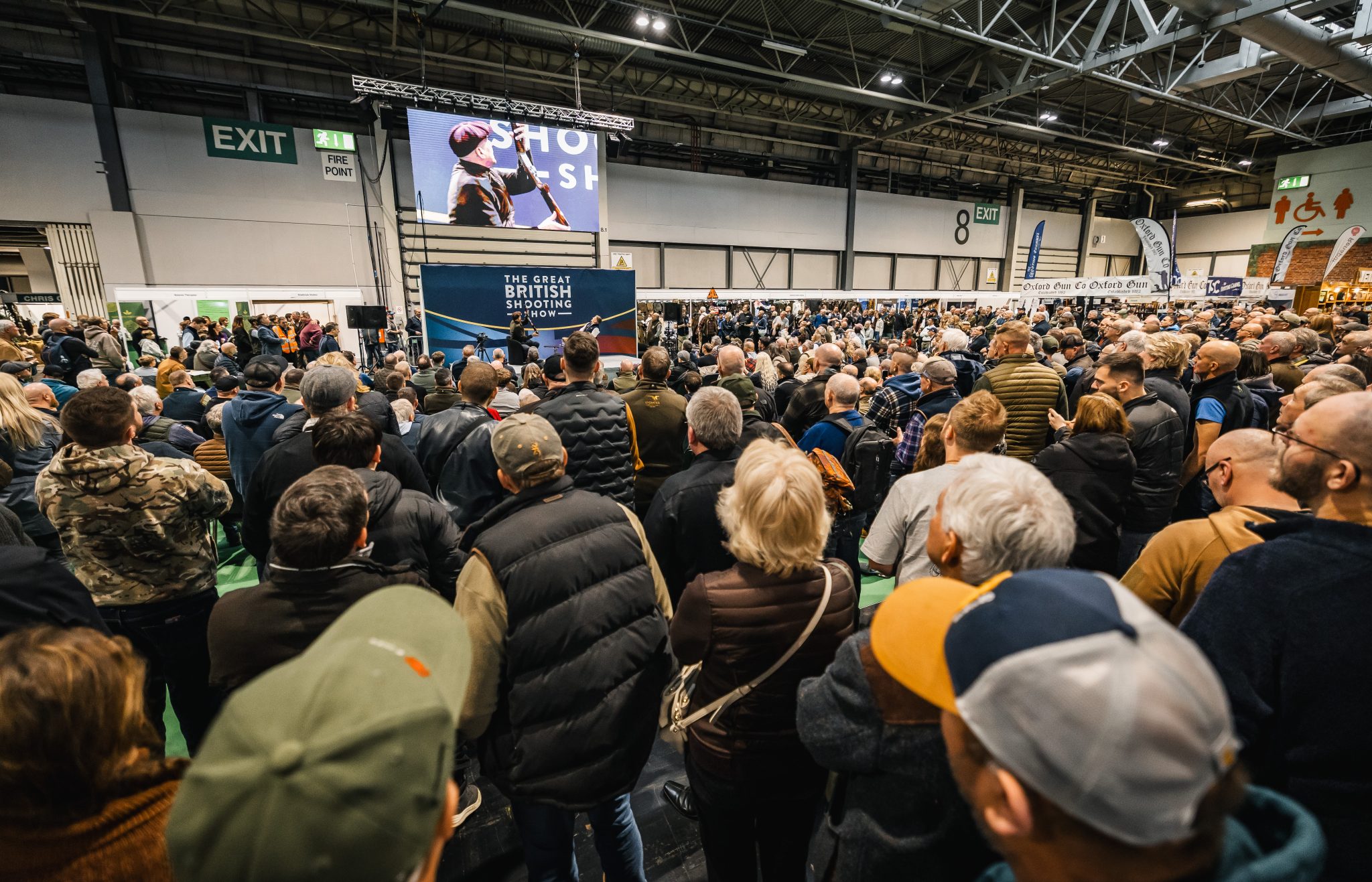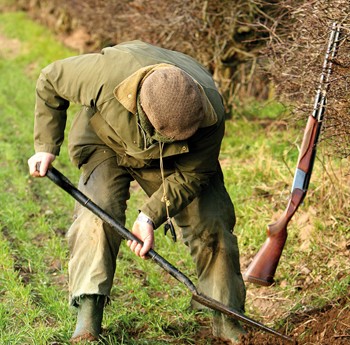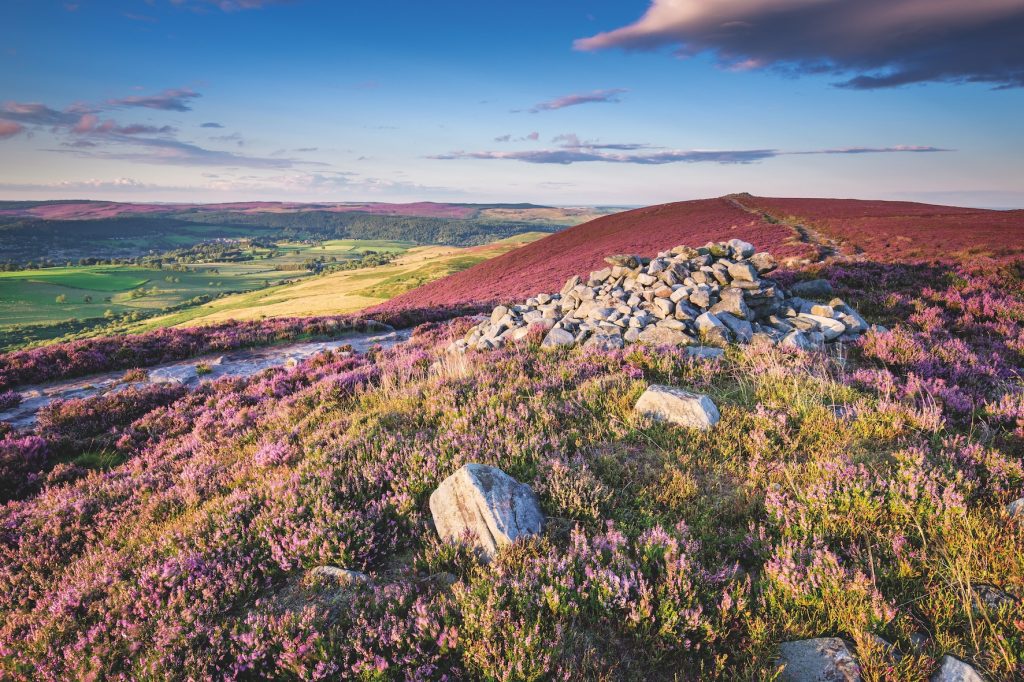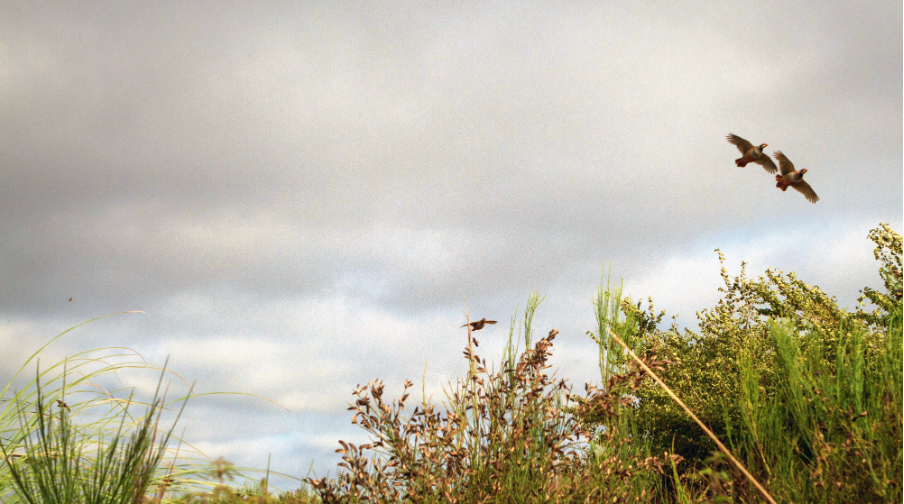Permission for pigeon shooting can be hard to get. Think about it from the farmer’s point of view. He or…
★ Win a Schöffel Country shooting coat for everyone in your syndicate worth up to £6,000! Enter here ★
How to gain a permission to shoot land
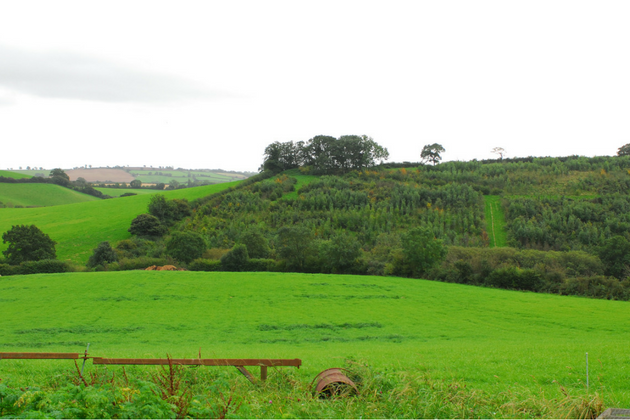
If you have a pressing need to stop one or more foxes from killing your livestock you probably already have somewhere to shoot, but let’s suppose that you don’t know any landowners. How on earth do you go about getting someone to agree to let you on their property? Well, for starters, you’ve got to look at it from the farmer’s point of view. Would you want someone you don’t know wandering around after dark in among hundreds of thousands of pounds worth of equipment and then accessing ground with your precious livestock or crops? Will the person concerned spook the animals and remember to shut the gates? On top of all that, this stranger will be walking around with a high-powered rifle.
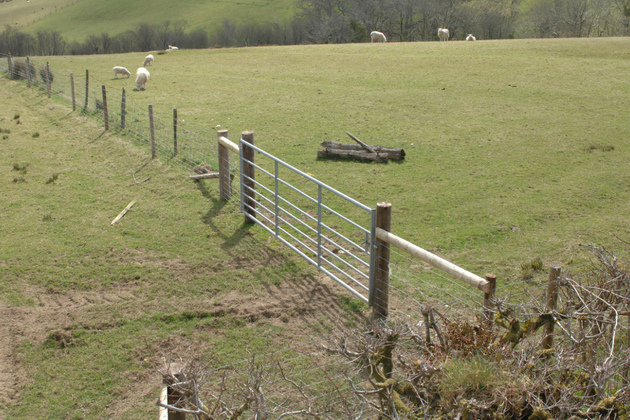
Always climb a gate at the hinge side, you won’t win any favours if you damage it
Asset or hindrance?
Quite simply, farmers view non-farmers as being in one of two categories – they are either an asset or a hindrance. If you want to get a permission to shoot land you need to be classed positively, and either come with some kind of a recommendation from someone they know, or prove yourself the hard way. The former can be very fast – all my permissions come via word of mouth, and it’s not unusual for me to talk to someone on the phone and be shooting on their land the same night. If you don’t know anyone relevant, you may have to spend a long time building a reputation as being a good, honest, reliable person. If you aren’t all of those things, then don’t be surprised if you don’t get anywhere.
Location – suburbs or country?
Where you live will be the primary factor – if you’re in or near a city, you’re going to have to earn your way to redemption. If you’re out in the countryside, you’ll probably find things a lot easier – especially if you have family or friends in the agricultural world. Most farmers who live near urban and suburban places are inundated with requests to shoot, so you have to stand out from the crowd. Turning up out of the blue in a suit and tie will earn you no favours, and cold call letters usually end up in the bin.
Do I need written permission to use ferrets on farmland?
Is it necessary to get written permission from a farmer to use ferrets on his land, or is a verbal…
Volunteer to help with pheasant shoots
If you reside where the fox hunting fraternity is influential you will need to be very discreet, as they generally view shooting their beloved quarry as being anathema. My advice whenever I’m asked about getting permissions is to check out any pheasant shoots in your area, and then go and volunteer to help – I don’t mean by shooting.
No – you will need to put the hours in and do the work such as helping erect rearing pens, feeding and watering the birds, and so on. In season, you can always help out in the beating line – after all, few shoots have the luxury of having too many beaters!
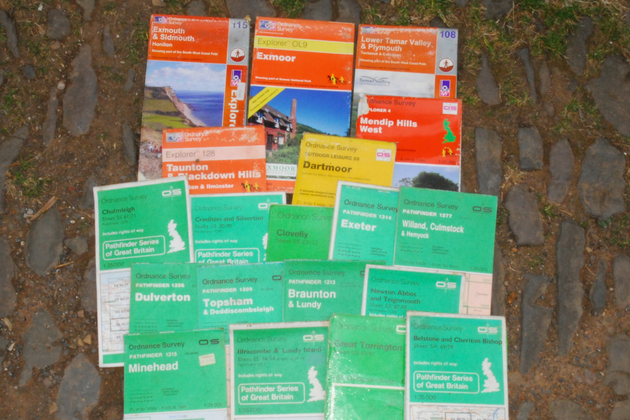
Car boot sales are a great way to collect maps for your area
Word of mouth
By helping a shoot, you will get to know the people that matter, such as local farmers and gamekeepers who will be able to point you in the right direction. Though the shoot may already have its predator control sorted, the odds are that those who run it will be friends with others who might need help.
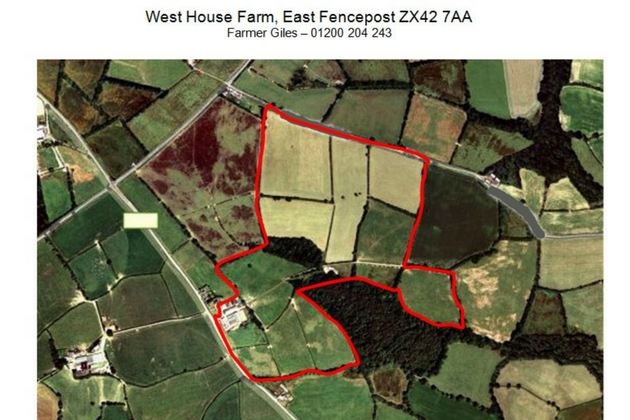
This is one of Patrick’s boundary maps
Five top tips for gaining a permission to shoot land
- Avoid treading on the toes of those who already have permission on a given piece of land. Any such incursions are likely to stir up adverse publicity where your name is concerned, and this may damage your future chances elsewhere. Having said that, it’s a grey area if the previous shooter failed to do their job, so listen to the landowner’s opinion.
- Be scrupulous whenever you’re on someone’s land. This not only includes things like not driving on wet ground (as it ruins it) and shutting gates, but always phone ahead to let the farmer know you’re coming. This not only builds their confidence in you, but you can say that if you haven’t called and they hear shots, it’s not you. Likewise, if someone else leaves a gate open and the stock get out onto a road, you can’t be blamed.
- Always do your best to call the next day with how you got on. This includes noting the identities of unexpected people or vehicles. Farmers suffer from thefts, and if you prove yourself as a trusted set of eyes, it will help you reach the hallowed “asset” status!
- Getting the first permission is the hardest part – once you’ve gained one others will follow, so make damned sure that you don’t foul it up. Bad reputations spread like wildfire in country places and therefore be rigorous about things like correctly identifying all the land boundaries. Ask the farmer concerned for a map – most are able to photocopy one for you, but it’s a good idea to have a collection of Ordnance Survey maps for your area. Car boot sales are great places to find them for next to no money.
- Once you’ve got a good idea as to where the boundaries are, get an internet satellite view of the ground in question and mark them out with a clear red line. Then go back and ask the farmer to confirm that you’ve got it right – firstly, it shows him/her that you’re a responsible individual, and secondly, it’s only too easy to be a field out in your reckonings.
Related Articles
Get the latest news delivered direct to your door
Subscribe to Shooting Times & Country
Discover the ultimate companion for field sports enthusiasts with Shooting Times & Country Magazine, the UK’s leading weekly publication that has been at the forefront of shooting culture since 1882. Subscribers gain access to expert tips, comprehensive gear reviews, seasonal advice and a vibrant community of like-minded shooters.
Save on shop price when you subscribe with weekly issues featuring in-depth articles on gundog training, exclusive member offers and access to the digital back issue library. A Shooting Times & Country subscription is more than a magazine, don’t just read about the countryside; immerse yourself in its most authoritative and engaging publication.



